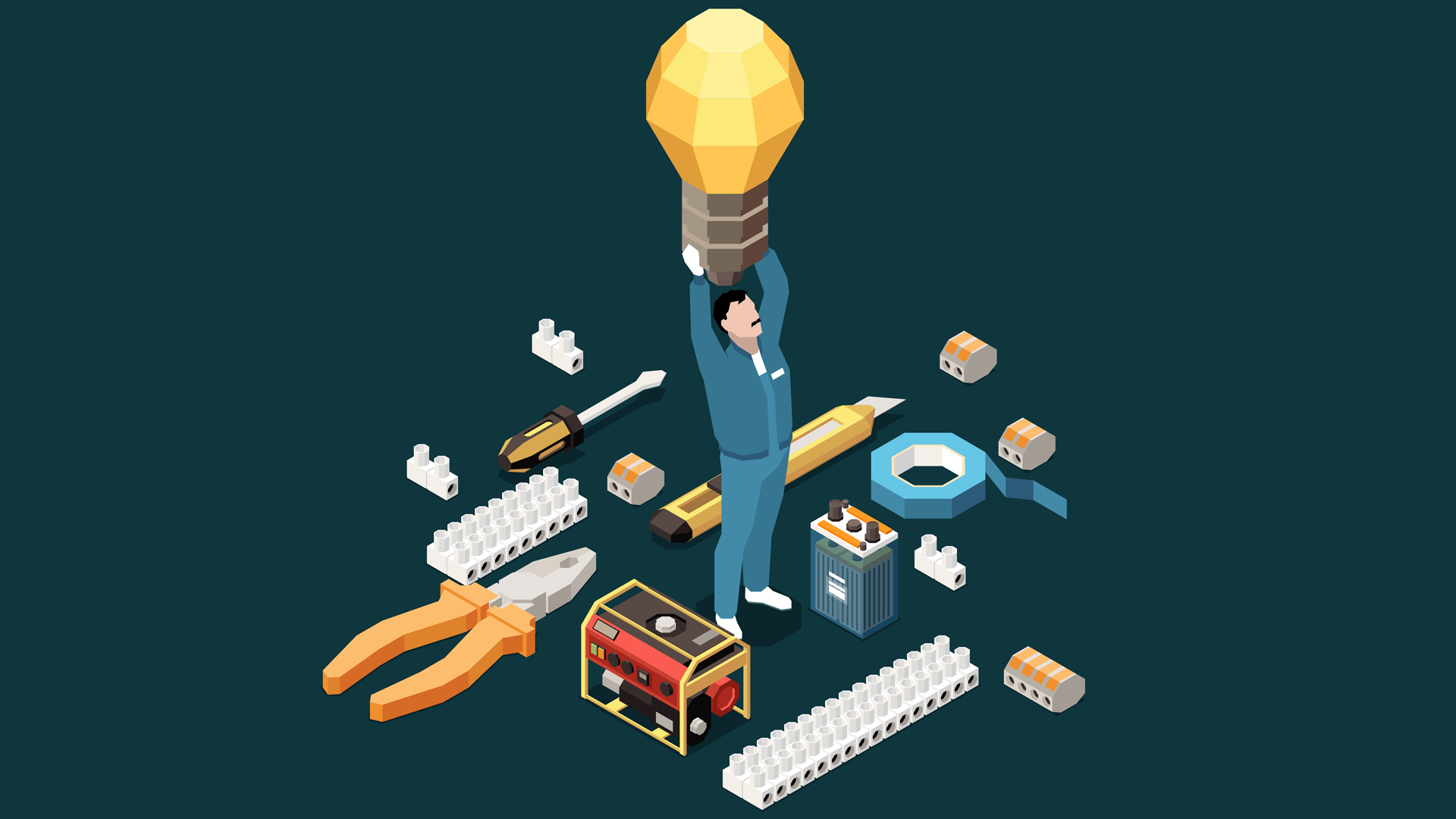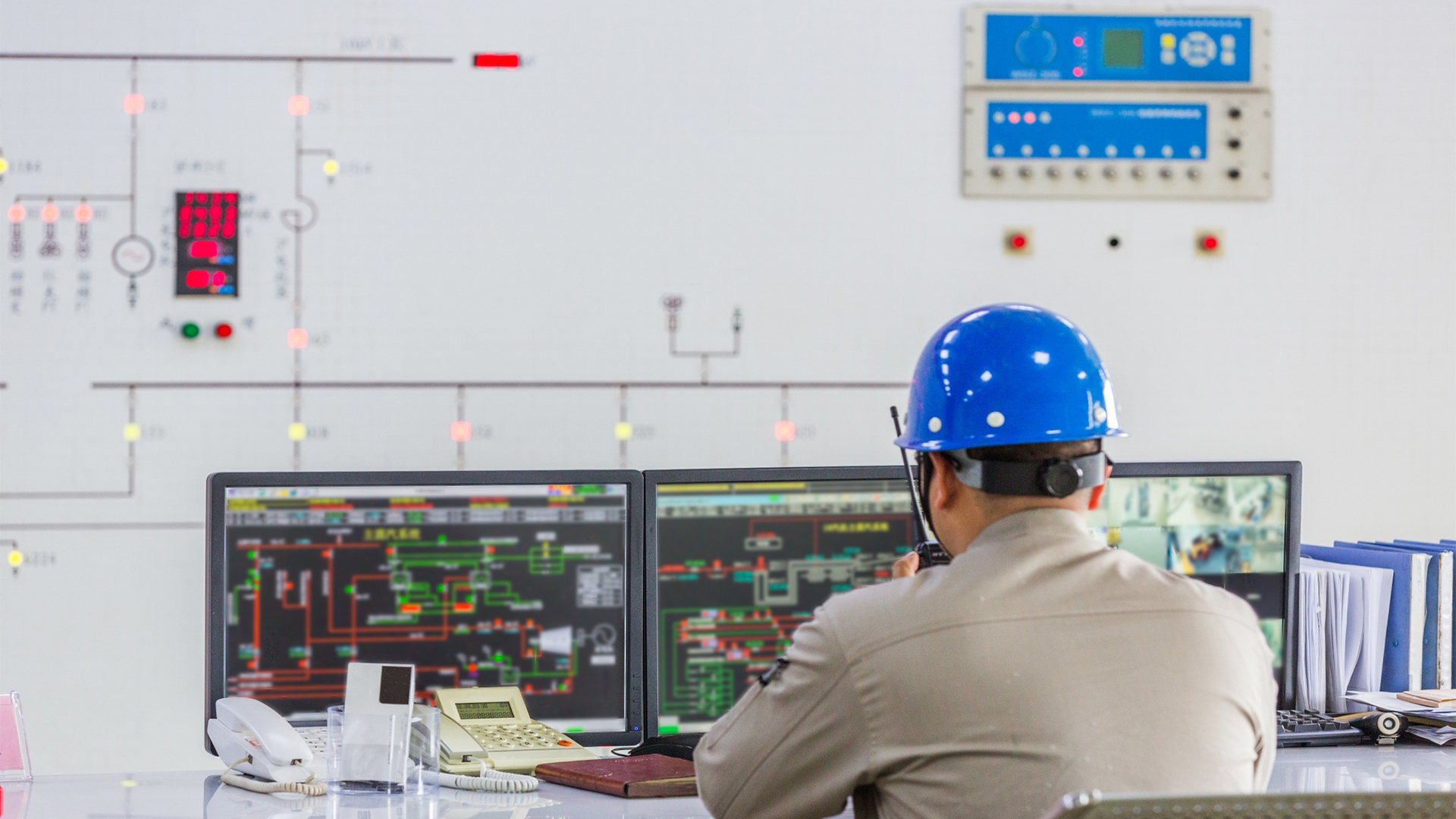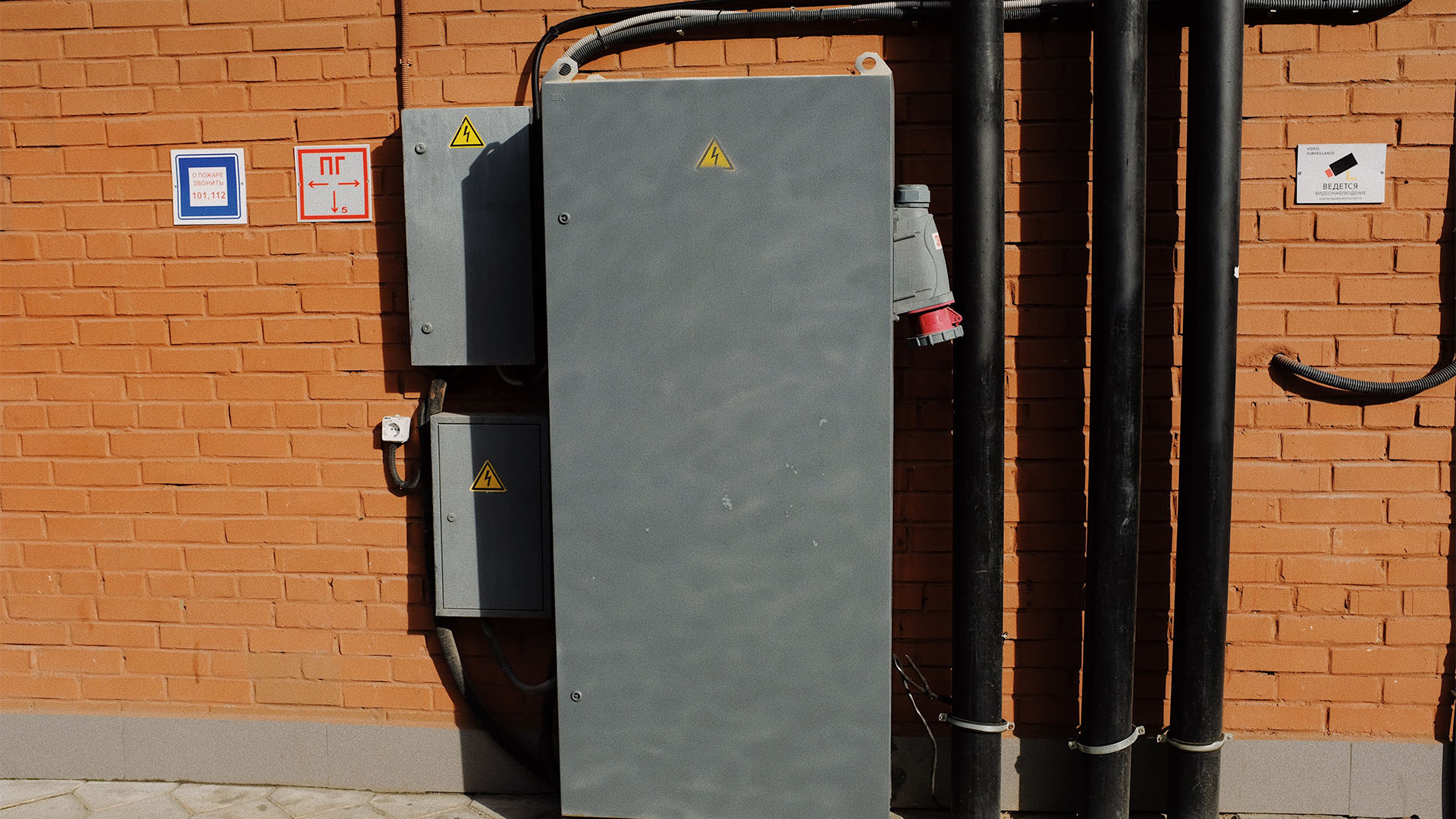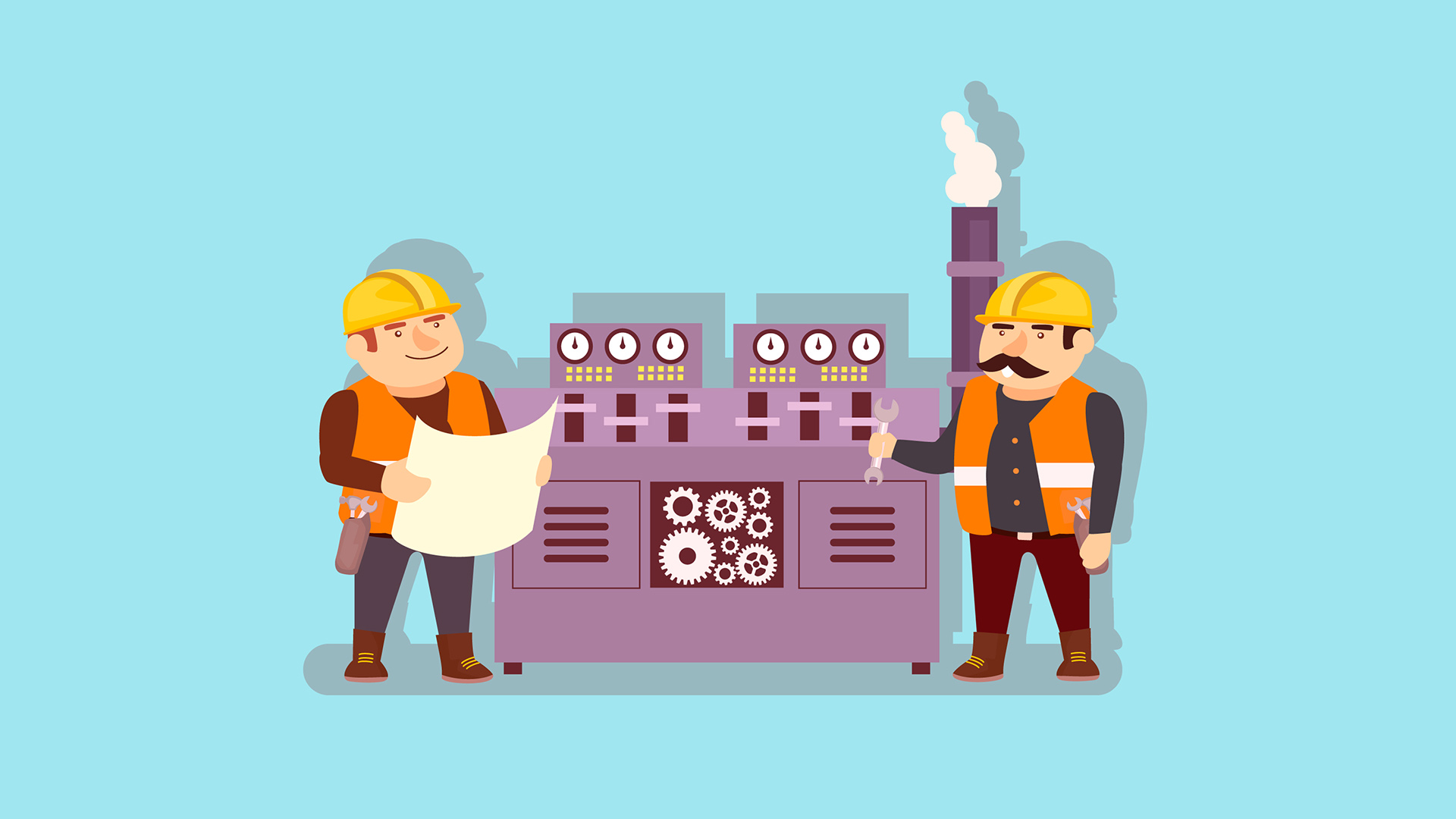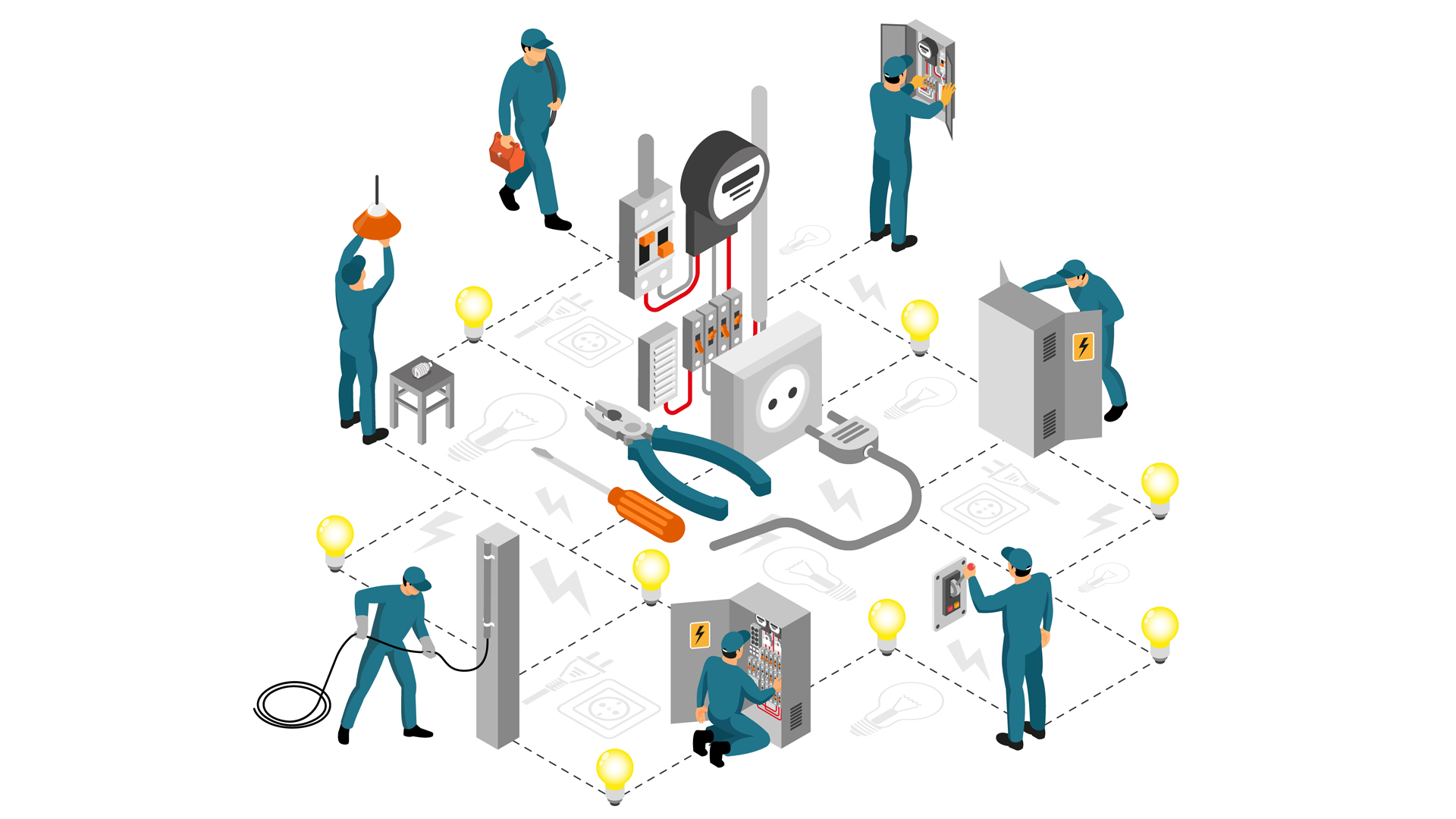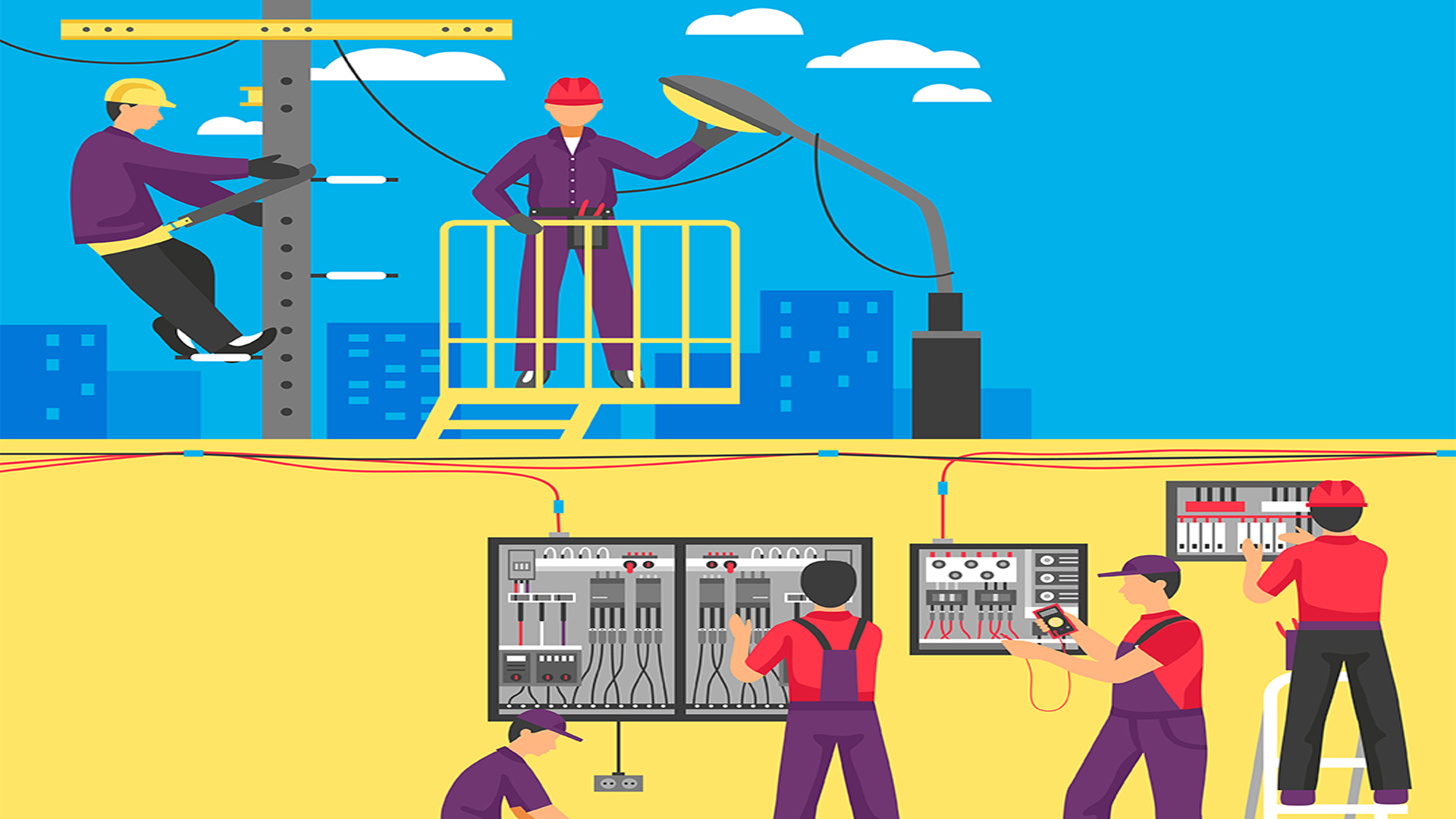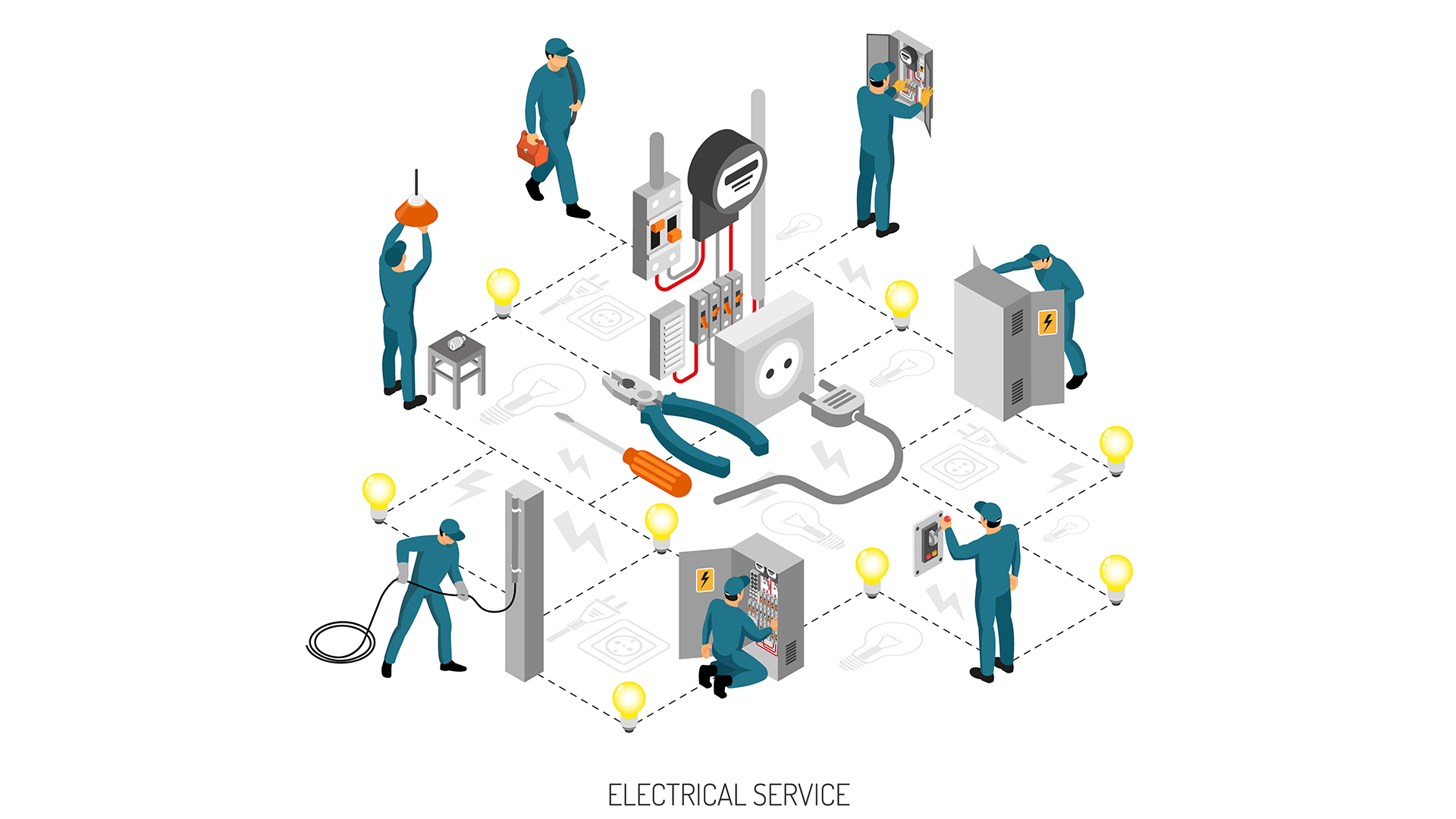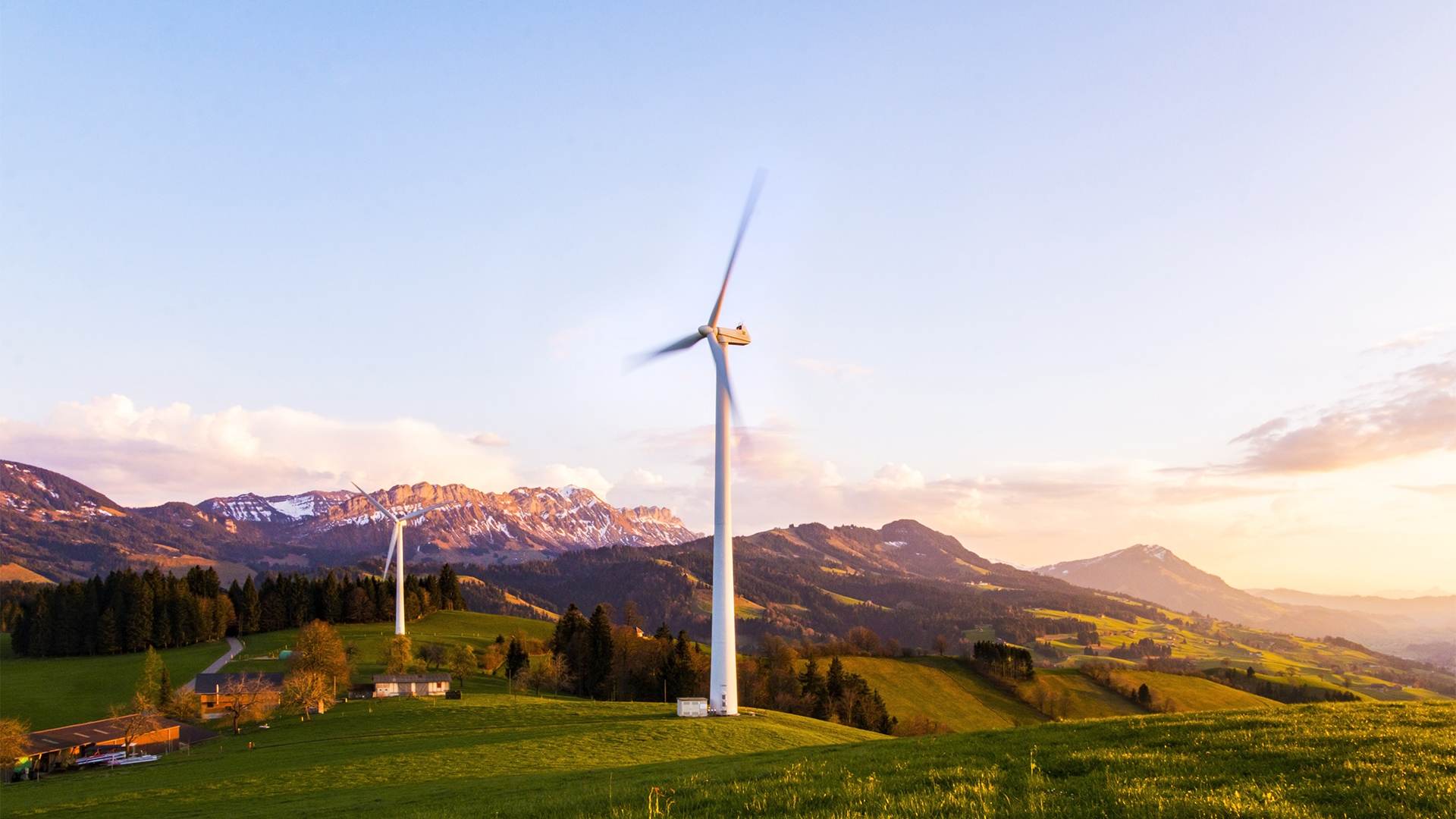
Renewable Energy Engineering Fastlane – From Zero To Hero
Course overview
An introduction of the conversion concepts and technology behind various renewable energy sources is provided through this Master class in Renewable Energy Engineering course. It examines the problems that arise when different renewable energy sources are combined with things like heat, electricity, and transportation. The forecast for each of the sources and systems is evaluated in light of the technological and sustainability issues. There will also be discussion of several scientific standards, such as the Betz limit for wind and the WEC point absorber efficiency limit.
The training course in renewable energy engineering will examine numerous new technologies, building methods, and the benefits and drawbacks of each form of renewable energy generating. Additionally, strategies for integrating renewable energy into the current grid system will be covered in this course.
The goal of the Renewable Energy technical course is to convey the fundamental ideas of renewable energy to a wide technical audience. To fulfill the rising demand for power, emphasis will be placed on cutting-edge distributed energy and storage technologies.
What topics will be covered in this master’s program in renewable energy engineering? The many forms of renewable energy (including wind, solar, bioenergy, hydropower, and geothermal energy) will be discussed in detail throughout the program, along with its basics.
Additionally, it will include a comprehensive review of renewable energy technology and uses as well as details on their prices.
Participants are also urged to discuss common difficulties and technical and non-technical obstacles preventing the broad adoption of renewable energy.
Introduction
Renewable energy engineering is a field of engineering that deals with the development and use of technology to capture and store energy from renewable sources like sunlight, wind, rain, and tides. It includes the research, design, development, and implementation of renewable energy systems. Renewable energy engineering applies a range of technology including solar photovoltaic, wind turbines, biomass, heat pumps, and geothermal. These technologies are used for the generation of electricity, heating, and cooling buildings, or in transportation. Renewable energy engineering also encompasses projects for energy storage through dynamic energy load shifting and other methods in order to optimize the use of renewable energy.
We are The Training Bee, a global training and education firm providing services in many countries. We are specialized in capacity building and talent development solutions for individuals and organizations, with our highly customized programs and training sessions.
Learning Objectives
Upon completing Renewable Energy Engineering Fast lane – From Zero to Hero, participants will be able to:
- Identify the components that will be required for each task and explain the technical difficulties with each renewable energy source.
- Differentiate the environmental impacts of current energy systems. Explain the key elements of various renewable energy systems; analyses energy technologies from a systems viewpoint
- compare several renewable energy technologies and select the most appropriate one depending on regional circumstances
- Simple techno-economic analyses of renewable energy systems should be conducted
Our Unique Training Methodology
This interactive course comprises the following training methods:
- Role-playing – Participants will take part in several roleplays and understand practical ways of solving issues.
- Journaling – This consists of setting a timer and letting your thoughts flow, unedited and unscripted recording events, ideas, and thoughts over a while, related to the topic.
- Social learning – Information and expertise exchanged amongst peers via computer-based technologies and interactive conversations including Blogging, instant messaging, and forums for debate in groups.
- Project-based learning
- Interactive sessions – The course will use informative lectures to introduce key concepts and theories related to the topic.
- Presentations – Participants will be presented with multimedia tools such as videos and graphics to enhance learning. These will be delivered engagingly and interactively.
Training Medium
This Renewable Energy Engineering Fast lane – From Zero to Hero training is designed in a way that it can be delivered face-to-face and virtually.
Course Duration
This training is versatile in its delivery. The training can be delivered as a full-fledged 40-hour training program or a 15- hours crash course covering 5 hours of content each day over 3 days
Pre-course Assessment
Before you enroll in this course all we wanted to know is your exact mindset and your way of thinking.
For that, we have designed this questionnaire attached below.
- What topics will be covered in the Master class in Renewable Energy Engineering?
- What type of background or prior knowledge do I need to fully understand the material?
- What practical skills or know-how will I gain from the course?
- How will the class be structured?
- What tools are available to me to help me learn the subject?
- What will my post-session assignment look like?
Course Modules
This Renewable Energy Engineering Fast lane – From Zero to Hero covers the following topics for understanding the essentials of the Agile Workplace:
Module 1 – BASIC ELECTRICAL CONCEPTS
- Past, Present, and Future of Energy
- Voltage, resistance, frequency, and current
- Voltage, current, and Power Relationship and Power Factors
Module 2 – APPLICATION
- PV system applications and classifications
- An introduction to mounting systems and inverters
- Physical characteristics: PV cell energy production, grid connectivity, and off-grid setup Items that make up a PV system
Module 3 – SURFACE ENERGY
- The History of Solar Energy
- Solar Thermal Energy
- Solar Energy Principles
- Solar Photovoltaic Energy
Module 4 – MARKET
- A description of the many CSP technologies
- Annual energy production and system performance
- Capacity factor and water needs
- Solar tower, linear Fresnel, dish, and parabolic trough collectors Additional elements of CSP plants
Module 5 – WINDFUL ENERGY
- Historical context
- Wind resources, wind turbines
- Environmental effects
Module 6 – PHYSICAL PRINCIPLES
- Reasons for wind
- Roughness length and wind shear exponent
- Wind measuring equipment
- Wind direction and wind rise, wind speed turbulence
- Extrapolation of wind speed to a given height
- Wind speed units and density
- Wind speed change above ground
- SONAR and LIDAR are two types of sound and light detection and ranging systems.
Module 7 – AQUATIC ENERGY
- Tide Energy Technologies
- Wave Characteristics and Statistics
- Wave Energy Devices
- Tide Characteristics and Statistics
- Ocean Energy Potential vs. Wind and Solar
Module 8 – RESOURCE EVALUATION
- Hydro turbines (Impulse, Reaction, and Selective Turbines)
- Generators (permanent magnet, synchronous, and asynchronous) Costs
- Operating and capital expenses
- The intake (screens and layout), the fore bay tank, and the power canal
- Powerhouse, tailrace, and penstock pipes Electromechanical devices
Post-course Assessment
Participants need to complete an assessment post-course completion so our mentors will get to know their understanding of the course. A mentor will also have interrogative conversations with participants and provide valuable feedback.
- What renewable energy technologies are best suited for different geographical regions and why?
- What are the most recent advances in renewable energy technology and how can they is applied in different settings?
- What environmental regulations and standards related to renewable energy research and engineering?
- What strategies and approaches are most effective for managing renewable energy projects and what challenges should be anticipated?
- What are the main economic and social considerations associated with renewable energy engineering?
- What career paths are available for those interested in renewable energy engineering?
Lessons Learned
The main lesson learned from the Master class in Renewable Energy Engineering is that renewable energy is becoming increasingly important in the context of global energy needs. In this class, we explored a number of different technologies to evaluate their pros and cons for various applications of renewable energy. We also learned about the various policies, regulations, and initiatives that are helping to facilitate and incentivize further investment in renewable energy solutions. Ultimately, this Master class has emphasized the importance of investing time, money, and resources in renewable energy technologies, as they can bring about great economic and environmental benefits to our societies, and help us move closer to achieving a more efficient and sustainable global energy system.
“Engineering for renewable energy: a step towards a clean, efficient future.”

